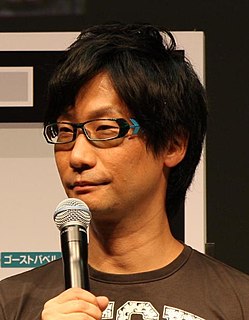A Quote by Peter Molyneux
I love strategy games, but a lot are very techy, and they don't really give you any human side of what strategy really is.
Related Quotes
A good strategy is not always successful, but even an "inappropriate" strategy may be an actual strategy. A "bad strategy" is one that doesn't even try to address an important challenge. Instead, it speaks of aspirations, visions of the future, lays out performance goals, or simply lists a bunch of unconnected actions.






































